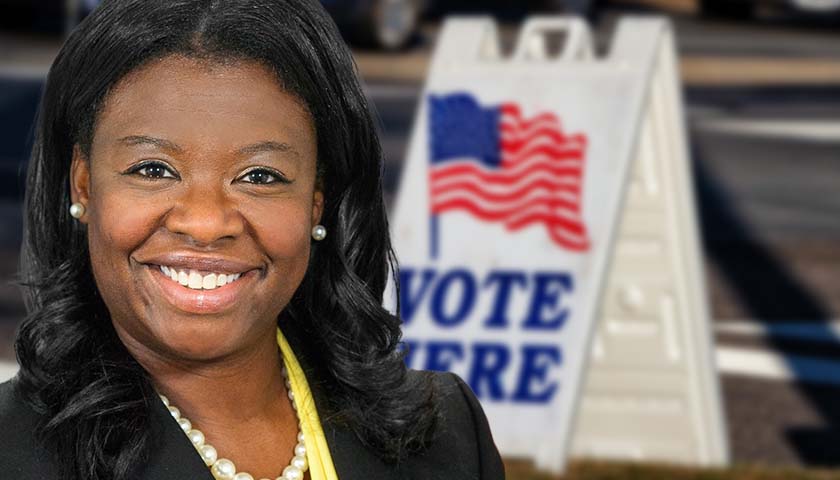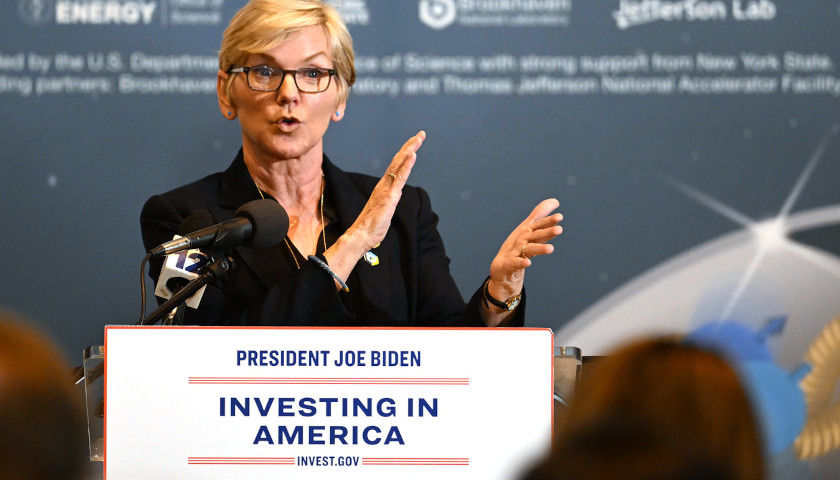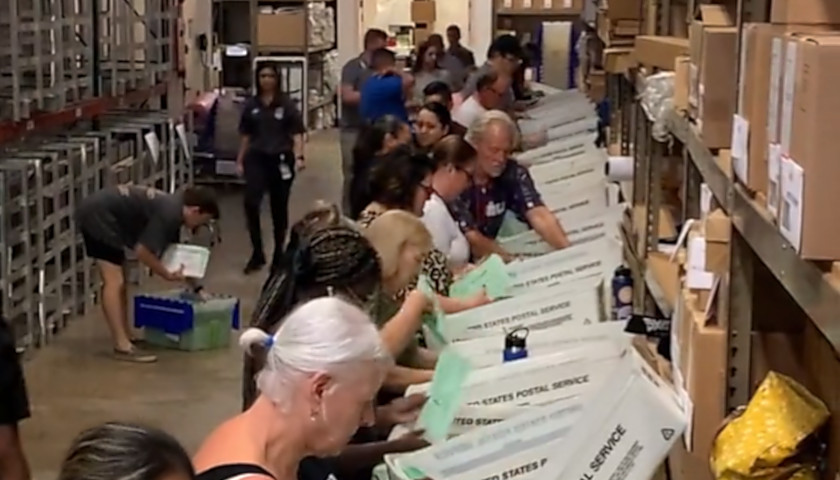State Rep. Regina Young (D-PA-Philadelphia) voted with all Republican House State Government Committee members this week in favor of a bill to require post-election audits.
The legislation to verify the accuracy of election outcomes will thus go before the full Pennsylvania House with at least a modicum of bipartisanship, making it more difficult for Democrats to call the bill merely “a reactionary thing being done because of the last election,” as Rep. Malcolm Kenyatta (D-Philadelphia) did at the committee meeting.
Young could not be reached for comment.
The audit bill, sponsored by Rep. Bryan Cutler (R-Lancaster), would create a Bureau of Election Audits within the Auditor General’s office and instruct that new division to analyze the vote tabulation after each election to ensure it is correct. This would come in addition to county election boards’ responsibility to examine their vote tabulations for accuracy. Cutler stated the new bureau’s annual cost will be approximately $3.1 million.
“We should not allow individual entities in government to self-audit,” Cutler said in committee testimony. “I know for certain that the [Internal Revenue Service] would never let any taxpayers self-audit. That’s why they send auditors out to look at the process…. This legislation is forward-looking and sets in place tracking and data collection [methods] permanently, something that we’ve agreed on previously in both the 2020 primary and 2020 general election: that those data points are in fact important so that we can continue to improve our system.”
Opponents of the bill portrayed the proposed election-audit office as too susceptible to partisanship.
“At the end of the day, do we want an elected official’s overseeing the election process who’s elected as a partisan individual in a primary with unlimited amounts of money going to [their campaign]?” Rep. Scott Conklin (D-State College) said to his committee colleagues.
Conklin has himself become a prominent advocate of election reforms that contrast with current Republican proposals to tighten voting security. Legislation he is sponsoring would, for instance, explicitly allow “curing” of mail-in ballots on which there are errors or omissions, a controversial practice that some Democrat-run counties permitted during the 2020 election.
Election-integrity efforts other than the audit bill also remain contentious among Keystone-State lawmakers. All State Government Committee Democrats, including Young, voted against a House bill to prohibit private money from funding election administration.
That measure is largely a response to the role that the Center for Tech and Civic Life (CTCL)—funded heavily by Facebook Chief Executive Officer Mark Zuckerberg—played in election operations in Philadelphia and other Democratic-leaning counties last year. CTCL granted a total of roughly $22 million to numerous Pennsylvania jurisdictions. (Senate legislation banning private associations from funding such operations is also in the works.)
Over $20 million of the CTCL grants went to Democrat-run counties in Pennsylvania. While Democrats have attempted to argue that the imbalance owes to Democrat-majority counties being more populous than Republican ones, the grants actually went much more substantially to the former even on a per-voter basis.
“Some counties got exponentially more per voter,” Rep. Paul Schemel (R-Waynesboro) said, correcting his Democratic colleague Joe Webster (D-Collegeville), who said population drove the distribution of funds. “We all understand that Philadelphia’s larger by population.”
Supporters of the grant-restriction measure also have lamented the selective process by which CTCL invited Democratic-leaning counties to apply for funding while extending no such invitation to GOP-leaning counties.
Under the bill, private organizations that want to aid the commonwealth in funding elections can still donate money to the Pennsylvania Department of State, which would then be required to divvy up the contributions across all counties according to voting-age population. In such cases, a donating association would not be permitted to attach conditions to the use of its contributions.
“I’m afraid in 10 years from now, the headline will be: ‘Hundreds of millions of dollars in private money pouring in to fund or support elections with strings attached here in the commonwealth,’” said Rep. Clint Owlett (R-Wellsboro), one of the bill’s sponsors. “That’s bad policy and now is the time to stop that practice here in the commonwealth.”
– – –
Bradley Vasoli is a reporter at The Tennessee Star and The Star News Network. Follow Brad on Twitter at @BVasoli. Email tips to [email protected].
Photo “Regina Young” by Rep. Regina Young. Photo “Vote Here” by Tony Webster. CC BY 2.0.








